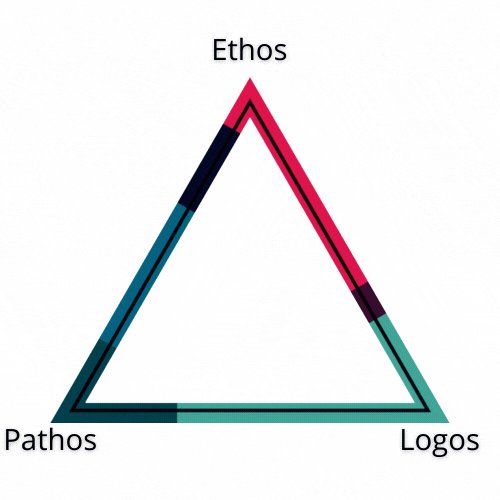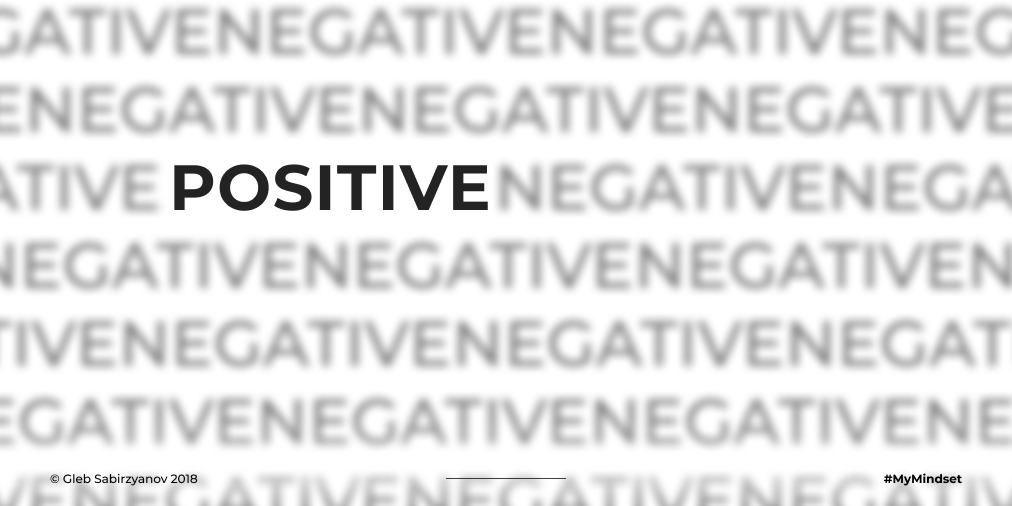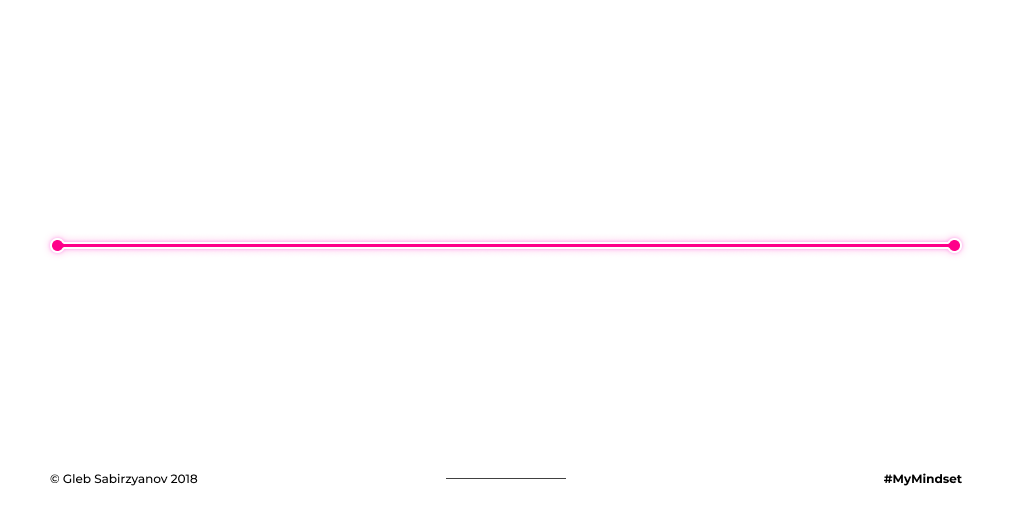In light of this, Aristotle developed what is known as the "Rhetorical Triangle."
A framework for persuading any audience using 3 simple appeals:
•Ethos
•Pathos
•Logos
Let's dig in...



Steve Jobs delivered the commencement speech at Stanford University on June 12, 2005.
— Sahil Bloom (@SahilBloom) June 12, 2021
16 years later, its wisdom remains.
THREAD: Lessons from Steve Jobs (on careers, startups, and life): pic.twitter.com/akLOnbtAxw

Enjoy Threads?
— Blake Burge \U0001f4a1 (@blakeaburge) June 8, 2021
I post 1-2 each week covering:
\u2022Productivity
\u2022Audience Building
\u2022Interesting People, Products, & Businesses
You can find them all in the Meta-Thread below.
Please read, enjoy, and share!
What do the world's greatest leaders know about the power of persuasion that you don't?
— Blake Burge \U0001f4a1 (@blakeaburge) July 1, 2021
THREAD: How you can unlock the ability to change anyone's mind.
Let's get smarter... \U0001f447\U0001f3fb pic.twitter.com/FBa17CWAoN


Focus only on positive things! These include what *you* have, know and can do. If you don't have, know or cannot do something either get it or ignore it. Don't think about it and don't use it as an excuse.
— Gleb Sabirzyanov (@zyumbik) October 17, 2018
I've been struggling to follow this principle for a long time. #MyMindset pic.twitter.com/SK5vtwHs3G


I'm increasingly interested in the idea of "personal moats" in the context of careers.
— Erik Torenberg (@eriktorenberg) November 22, 2018
Moats should be:
- Hard to learn and hard to do (but perhaps easier for you)
- Skills that are rare and valuable
- Legible
- Compounding over time
- Unique to your own talents & interests https://t.co/bB3k1YcH5b
People talk about \u201cpassive income\u201d a lot but not about \u201cpassive social capital\u201d or \u201cpassive networking\u201d or \u201cpassive knowledge gaining\u201d but that\u2019s what you can architect if you have a thing and it grows over time without intensive constant effort to sustain it
— Andrew Chen (@andrewchen) November 22, 2018
Things that look like moats but likely aren\u2019t or may fade:
— Erik Torenberg (@eriktorenberg) November 22, 2018
- Proprietary networks
- Being something other than one of the best at any tournament style-game
- Many "awards"
- Twitter followers or general reach without "respect"
- Anything that depends on information asymmetry https://t.co/abjxesVIh9